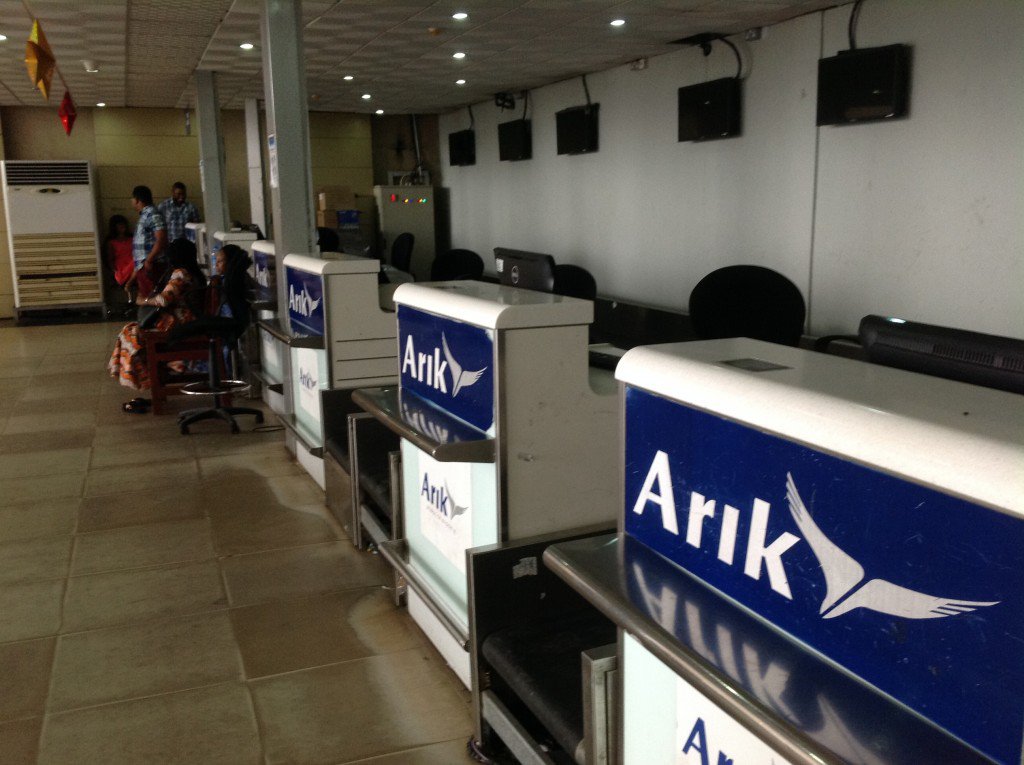Parent owners of listed consumer goods companies in the country have continued to increase holdings in their Nigerian units, taking advantage of their current cheap pricing.
This is despite the headwinds in the economy particularly weakening consumer expenditure which has continued to impact the revenue of most consumer companies with a knock-on effect on their bottom lines.
In the last three months, several foreign majority-owned stocks have announced a series of share dealing by an insider. Insider disclosures are reported on the Nigerian bourse as a regulatory requirement especially when it informs a major shareholder or director of a company purchasing shares in the company they own.
Leading the list is Heineken Brouwerijen B.V, the parent owner of Nigeria’s biggest brewer by market share, Nigerian Breweries (NB) plc. Between June and August, Heineken splashed an estimated N284.5 million in the purchase of new 7.91 million shares of Nigerian Breweries.
Advertisement
NB has 7,996,902,051 outstanding shares priced at N41.05 per share at the close of trading on Friday, having recorded a 52-week high of N59.75 and corresponding week low of N22.
Nestlé S. A., the parent company of Nestlé Nigeria plc, increased its equity stake in the Nigeria unit with the purchase of an additional new 748, 047 shares valued at N878.75 million.
Apart from Nestlé S.A, Switzerland, with 524,559,457 ordinary shares (representing 66.18 percent) and Stanbic IBTC Nominees Limited with 7.22 percent, no other shareholder has 5 percent or more of the paid-up capital of the company as at June 30, 2020.
Advertisement
Nestle has 792,656,252 outstanding shares priced at N1175 per share at the close of trading on September 11, having recorded a 52-week high of N1469 and corresponding week low of N764.90.
Unilever Overseas Holdings B.V, the majority shareholder of Unilever Nigeria plc has also increased its stake in the company. In the latest translations, Unilever Overseas Holdings B.V purchased a total of 84 million new shares valued at N1.04 billion.
This new acquisition of Unilever Nigeria shares adds substantially to Unilever Overseas Holdings’ stake in the loss-making company.
Unilever Nigeria has 5,745,005,417 outstanding shares priced at N14.4 as at September 11, having recorded a 52-week high of N29 and a 52-week low of N9.
Advertisement
Between May 22 and July 9, 2020, Excelsior Shipping Company plc, the substantial shareholder in Flour Mills Nigeria plc has mopped a total of 7.03 million new shares valued at N147 million. Excelsior Shipping Company Limited is a company registered in Liberia, the beneficial owner of Excelsior Shipping Company is a trust established by the late John S. Coumantaros.
Flour Mills has 4,100,379,605 outstanding shares priced at N19.5 at the close of trading on September 11, having recorded a 52-week high of N24 and a 52-week low of N13.
According to Gbolahan Ologunro, an equity analyst at CSL Stockbrokers, foreign shareholders usually have a long-time horizon when investing.
“They pick up these stocks at a very attractive rate hoping that as we begin to see a gradual improvement in economic activities, we continue to see mild improvement in the earnings of these companies,” he said.
Advertisement
Yinka Ademuwagun, an equity analyst at United Capital, said the new purchases could be a strategy by management to support the falling share price by injecting cash into the market to keep price elevated and prevent it from falling below the share price support level.
In his view, Segun Olakoyenikan, a financial analyst, the recent acquisition of new shares by majority shareholders could be the offshoots from foreign exchange scarcity currently witnessed in the market, which has made repatriating of dividends more difficult for foreign investors.
Advertisement
According to Olakoyenikan, this sounds reasonable when you consider the current valuation of foreign majority-owned stocks, with most of them significantly down year to date and some in high double digits negative returns.
“Instead of allowing the money to lie idle, they prefer to take positions hoping that things will rebound in the nearest future,” he said.
Advertisement
Add a comment







